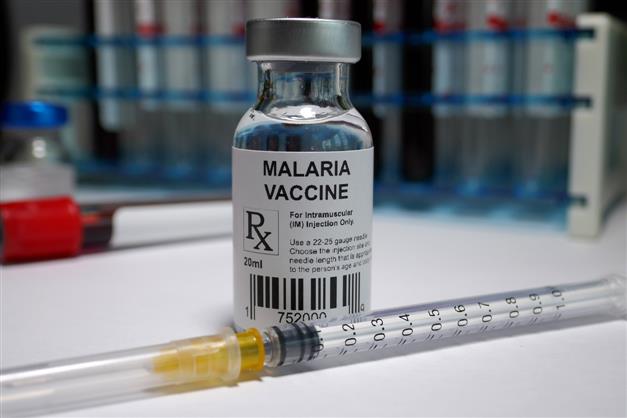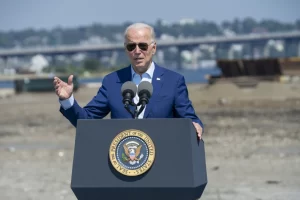When the World Health Organization announced the next step in the launch of the first official malaria vaccine in the world in three African countries, concerns about their value came from an impossible source: The Bill and Melinda Gates Foundation, Arg …
Which supported the fall vaccine as a breakthrough “historic” in the war against malaria, but the Gates Foundation told the Associated Press this week that they would no longer support financial shots.
Some scientists said they were confused by the decision, the warning could make millions of African children at risk of death due to malaria and damage future efforts to solve problems that could not be solved in public health.
The malaria vaccine has a “efficacy that is much lower than we want,” Philip Welkhoff, Director of the Gates Foundation Malaria Program, told the AP. Explain his decision to end support after spending more than USD 200 million and several decades …
The decision of the Gates Foundation to spin away from supporting the launch of the vaccine in Africa was made many years ago after detailed considerations, including whether the foundation’s money would be better spent for other malaria vaccines, treatment o …
This is not the largest vaccine in the world, but there is a way to use it that can have a big impact,” said Alister Craig, the Dean of Biology at the Liverpool School of Tropical Medicine. The world is struggling to withstand the surge in Malar …
It’s not like we have many other alternatives,” Craig said. “Maybe there are other vaccines that were approved in about five years, but many lives were lost if we waited until then,” he said, referring to the shot developed by Oxford University. B …
Another major obstacle is availability; GSK said it could only produce around 15 million doses per year until 2028. Who estimates that to protect 25 million children born in Africa every year, at least 100 million doses every year may be needed. Alt …
All money in the world” will not reduce the short -term supply constraints of the vaccine, said Welkhoff, from the Gates Foundation. He noted that the Gates Foundation continued to support the Gavi alliance vaccine, which invested almost USD 156 miles …
We support the launch through Gavi’s funds, but we decided we would not dedicate additional direct funds to extend the supply of vaccines,” Welkhoff said.
Withdrawal of the Gates Foundation financial support for malaria vaccines may not have other people, Dr. David Schellenberg from the London School of Hygiene and Tropical Medicine, said.
There is a risk that this can prevent others who consider financing malaria vaccines or even become disincentives for people who work on other vaccines,” he said. He said that combining the use of vaccines with other steps, such as distribution …
We still see people coming with four or five episodes of malaria a year,” he said. “We don’t have a magic bullet, but we can use the tools we have better.”
The imperfect vaccine launch will still save his life, Dr. Dyann Wirth, a infectious disease expert at Harvard University, said.
We want to have 100 million doses, but that much money does not exist for malaria,” he said. “15 million doses we have are still 15 million opportunities to protect children that we did not have before.” The Gates Foundation has been carried out …
Nolia Zidana, 32, said she wanted to make her two sons immunized after seeing malaria made them sick several times – and survive alone.
Growing up with my parents and siblings, we have been sick because of malaria all the time,” said Zidana, who lives in the Central Ntcheu district of Malawi. “My older son has malaria many times in four years he has existed. When juice …
He said even though they slept under a mosquito net, sometimes they were bitten before going to sleep while they prepared food for dinner in the darkness of the night.
“We hear that other people use mosquito repellent or burning anti-Mosquito incense coils, which we cannot afford because we are only farmers who live from hand to mouth,” he said.
Dr. Michael Kayange from the Malawi Ministry of Health, urged everyone in the country to take any action they could to restrain malaria. Immunization itself is not enough to stop disease and people must adopt various strategies, he said.
“Even just by sleeping under mosquito nets, you have played your role in reducing the burden of malaria in the country,” he said.




